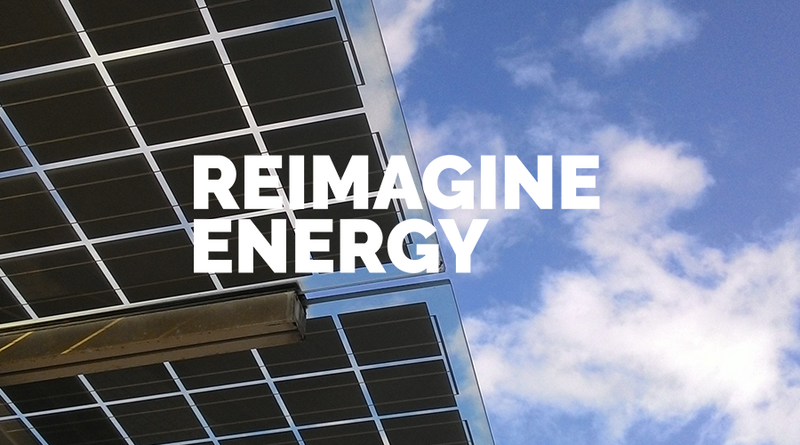We made the Changemakers edition of Reimagine Energy all about exploring the businesses and their leaders who have paved the way for change in the energy sector. In a series of interviews, we spoke to those who are taking risks within traditional industries and who are implementing necessary change for ultimate good.
In the final interview of the series, we speak to Matthias Jobst of SOLARWATT.
“Like home-grown potatoes, home-made power is much tastier.”
Name: Matthias Jobst
Position: Vice President Product Management/R&D, SOLARWATT GmbH
Background: Product development environments
- Electrical engineer for Nokia
- Non-destructive testing at General Electric
- Smart homes at Schneider-Electric
- Product management at SOLARWATT
What excites you the most about your industry?
“It’s really about helping people achieve better energy consumption by simultaneously reducing their energy bill and their CO2 footprint. It’s a very interesting and relatively young industry, and I also like the electrical nature of the tech.“
What does the future of the solar industry look like?
“Solar energy use will become a much broader concept: There will be large PV [photovoltaic] plants that contribute energy at the megawatt level, but more than this, houses, small businesses and apartment buildings will soon be equipped with panels as standard. This will allow them to use their own power to couple it with various sectors.“
What are the biggest mistakes you’re seeing with companies trying to change their businesses to adapt to disruptive technologies?
“Many companies like PV manufacturers are still focused on building individual components at very low prices but what users want and need going forward is the support of energy management solutions or help with combining different solutions. By combining different hardware, you start creating value. Take electromobility, for example: You can buy a home station to charge your electric car and reduce your CO2 emissions, but if the electricity comes from non-renewable sources the effectiveness is limited. But if you link it to an existing rooftop PV system, it all starts coming together.“
Some people consider home battery systems for renewables storage as too expensive. What would you say to this?
“People refer to the upfront battery price being more expensive compared to buying energy per kilowatt-hour. When you compare the prices over time it makes financial sense, especially if, like many of our customers, you assume power prices will go up. Either way, if you already have rooftop PV, it’s a good solution to consume as much of what you produce as possible. Like home-grown potatoes, home-made power is much tastier.“
Kiwigrid and SOLARWATT – Joining the KiwiHub
Throughout the partnership of SOLARWATT and Kiwigrid, KiwiHub workshops have helped SOLARWATT design a bespoke product roadmap, define product development requirements and plan market induction.
The KiwiHub is about full collaboration. In this instance, it brought Kiwigrid’s expertise in software development and IT integration alongside SOLARWATT’s hardware excellence.
This has helped SOLARWATT optimize and digitize their sales strategy, to ensure that their products are proliferating the right markets in the right way. This has enabled faster access to market and an entry into a shared ecosystem of assets. All this with minimized risk and an objective voice from Kiwigrid: the energy industry experts.
